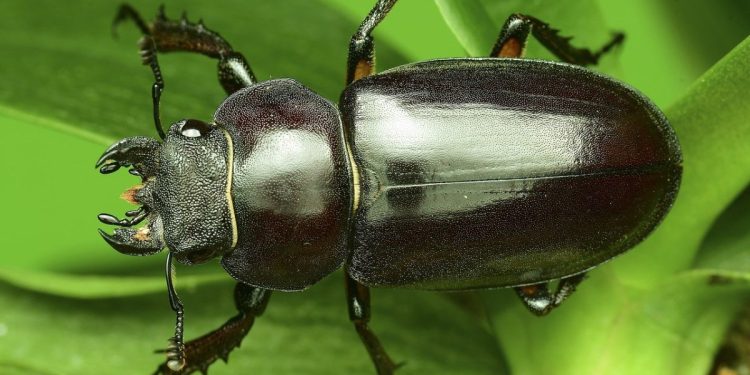#agriculture #pestcontrol #cropmanagement #ConoderusSpp
Conoderus spp., commonly known as Seedcorn beetles, are a group of pests that can cause significant damage to various crops, including corn, soybeans, and wheat. These beetles are small, measuring only 3 to 4 millimeters in length, and have a dark brown or black coloration. They are found in fields across North America and are known to cause crop losses, especially during the early stages of plant growth.
The development of Conoderus spp. can take place in soil or crop residue, depending on the species. Once they emerge as adults, the beetles feed on emerging plants, causing damage to the cotyledons, stems, and leaves. This can lead to stunted growth, reduced yield, and even plant death. In addition, the beetles can also transmit diseases, further adding to the damage they cause.
Controlling Conoderus spp. is challenging, as they are resistant to many insecticides, and their feeding behavior makes them difficult to detect. However, some strategies can help manage their impact on agriculture. One of the most effective methods is planting early, as the beetles tend to emerge later in the growing season. Crop rotation can also help, as the beetles can build up in soil over time. Insecticide seed treatments are another option, although their effectiveness can vary.
Overall, understanding the impact of Conoderus spp. on agriculture is crucial for farmers to take appropriate measures to prevent crop losses. Vigilance and proper management techniques can help minimize the impact of these pests, ensuring sustainable crop production for years to come.







